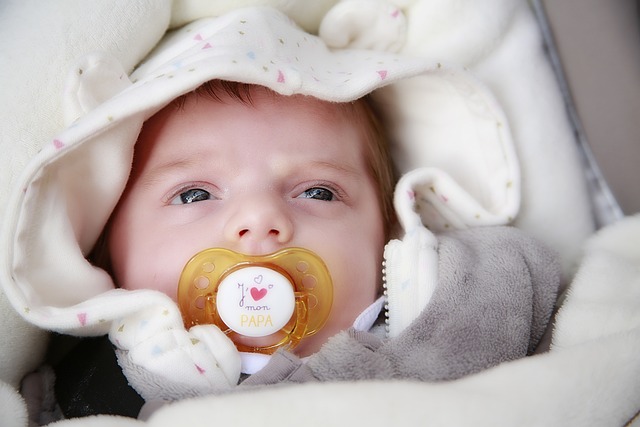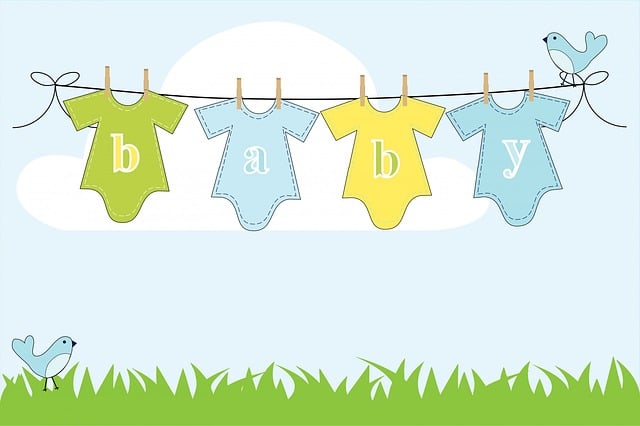In the UK's family law context, where cultural diversity is significant, accurate birth certificate translation is a critical component of legal proceedings. Professional translators specializing in legal vocabulary and family law nuances are essential for this task, as their precise translations uphold justice and ensure legal documents like birth certificates meet the high standards required by UK courts. These experts are not only proficient linguists but also possess a comprehensive understanding of legal terminology and the complexities of international birth documentation. Their work is crucial because any errors could lead to misrepresentation or misinterpretation, impacting individuals' legal rights. To comply with Home Office requirements and be legally admissible, birth certificate translations must be certified by authoritative bodies like the Institute of Translation and Interpreting (ITI) or the Chartered Institute of Linguists (CIOL). Choosing a translation service with expertise in legal translations is imperative to ensure that the translated documents are both accurate and legally recognized. This level of professionalism is necessary for individuals navigating cross-border family law issues, where the integrity and validity of birth certificate translation UK play a pivotal role in maintaining legal compliance.
navigating legal document translation, family law cases uk, specialist translation services, birth certificate translation UK, legal precision in translations
In the complex realm of family law within the UK, the accuracy and clarity of legal documents are paramount. This article delves into the critical role professional translators play in ensuring that all legal texts, particularly birth certificate translations UK, meet the stringent requirements set forth by UK family law. We will explore the essential considerations for selecting a specialist translation service, the nuances of accurate legal document translation, and the impact these translations have on legal proceedings. Understanding these aspects is crucial for anyone involved in cross-border family law matters to navigate the system effectively and justly.
- Navigating Legal Document Translation: The Role of Professional Translators in Family Law Cases
- Understanding Birth Certificate Translation Requirements in UK Family Law
- Key Considerations for Choosing a Specialist Translation Service for Family Law Matters
- Ensuring Accuracy: The Importance of Precision in Legal Document Translation for Family Law
Navigating Legal Document Translation: The Role of Professional Translators in Family Law Cases

When legal matters involving family law cases arise, the necessity for precise and accurate documentation is paramount. Within the UK, where a melting pot of cultures and languages exists, birth certificate translation becomes a critical component of the legal process. Professional translators play an indispensable role in ensuring that personal documents, such as birth certificates, accurately reflect the original text in both language and intent. These experts are not just linguists but are well-versed in legal terminology and the subtleties of family law, which is essential for maintaining the integrity of the translation. Their expertise ensures that all translations comply with the UK’s stringent legal requirements and are admissible in court. This is particularly crucial when birth certificates or other personal documents are presented as evidence, where a mistranslation could lead to misrepresentation of an individual’s identity or legal rights. Therefore, for family law cases that traverse language barriers, the role of professional translators is not just to bridge the linguistic gap but also to uphold the principles of justice and fairness within the UK’s legal system.
Understanding Birth Certificate Translation Requirements in UK Family Law

When navigating the complexities of family law within the UK, the accuracy and legitimacy of translated documents, particularly birth certificates, are paramount. Birth certificate translation in the UK is a specialized service that goes beyond mere linguistic conversion; it involves an understanding of legal terminology and the nuances of birth documentation across different jurisdictions. Professionally qualified translators who specialize in legal translations ensure that the translated birth certificates meet the stringent requirements set forth by UK family law. These professionals are adept at conveying all pertinent information accurately, including names, dates, and places of birth, while also attaching certified translator statements to authenticate the translation’s veracity. This level of precision is essential as birth certificates often play a crucial role in family law matters, such as child custody cases, name change applications, and inheritance issues.
In the context of UK family law, the Home Office stipulates that translated birth certificates must carry the equivalent status as the original document to be accepted by courts and government institutions. This means that translations should not only be linguistically accurate but also carry the same legal weight as the original document. To fulfill this requirement, translators often need to have their work certified by a relevant authority, such as the Institute of Translation and Interpreting (ITI) or the Chartered Institute of Linguists (CIOL), adding an additional layer of credibility to the translation. This certification process ensures that birth certificates translated for UK family law purposes are legally admissible, thereby facilitating the resolution of legal matters involving international families with greater efficiency and clarity.
Key Considerations for Choosing a Specialist Translation Service for Family Law Matters

When engaging a specialist translation service for family law matters in the UK, particularly those involving documents such as birth certificate translation UK, it is paramount to select a provider with a proven track record in legal translations. The accuracy and legitimacy of translated documents are crucial in family law cases, where small discrepancies can significantly impact the outcome. A specialist service will offer certified translations that meet the stringent standards required by UK courts and authorities. They are adept at handling sensitive personal data with confidentiality and discretion, ensuring the integrity of your information is maintained throughout the translation process. Furthermore, opting for a translation provider well-versed in family law terminology and legal procedural requirements ensures that all nuances and subtleties within the original document are accurately conveyed in the target language. This precision is essential for birth certificate translation UK and other personal documents to be accepted and recognized by legal entities, thereby avoiding delays or adverse judgments due to mistranslation. It is advisable to verify the credentials of the translators, including their qualifications, experience, and any relevant accreditations, such as membership in professional translation bodies like the Institute of Translation & Interpreting (ITI) or the Association of Translation Companies (ATC). This due diligence will safeguard that your translated documents are not only compliant with legal standards but also admissible in court.
Ensuring Accuracy: The Importance of Precision in Legal Document Translation for Family Law

When it comes to legal matters, particularly in the sensitive realm of family law, precision and accuracy are paramount. The translation of documents such as birth certificates in the UK must adhere to stringent standards to ensure that all information is conveyed accurately and without ambiguity. Birth certificate translation in the UK is a task that requires not only linguistic proficiency but also an intimate understanding of legal terminology and conventions. A minor error or misinterpretation can have significant repercussions, potentially affecting custody arrangements, immigration status, and other critical legal outcomes. Therefore, professional translators specialising in legal documents must be employed to handle such sensitive materials. Their expertise ensures that translations are not only faithful to the original text but also meet the legal requirements of the target language, maintaining the integrity and validity of the documents across jurisdictions. This is crucial, as family law cases often involve cross-border issues where individuals may need to present certified translations of their personal documents in a different country or to international authorities, necessitating a high level of professionalism and accuracy.
In concluding our discussion on the critical role of professional translations in family law cases within the UK, it is clear that the accuracy and proficiency of legal document translation are paramount. The intricacies of birth certificate translation UK, a key component in family law proceedings, underscore the necessity for specialized translation services. These experts not only facilitate communication across linguistic barriers but also uphold the integrity of legal processes. When faced with the complexities of family law cases, where the stakes are high and the personal implications profound, the reliability of precise translations becomes essential. Therefore, engaging a specialist translation service is an indispensable step for anyone navigating the UK’s family law system to ensure that all parties have access to clear, accurate, and legally sound information. This commitment to excellence in translation ensures fairness and justice within the legal framework.
